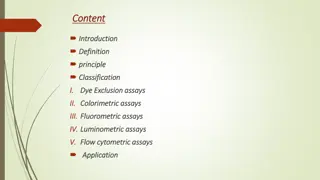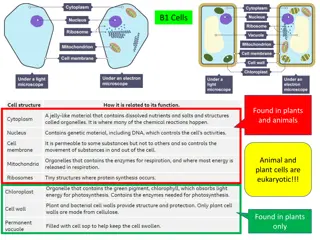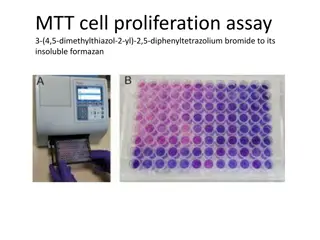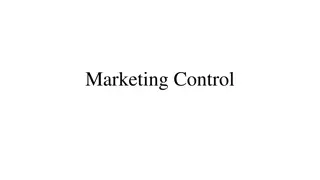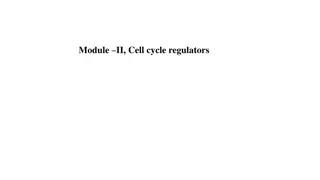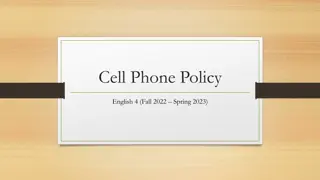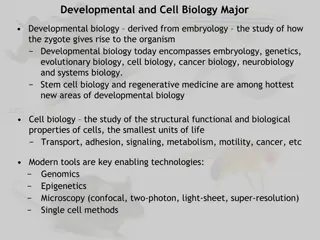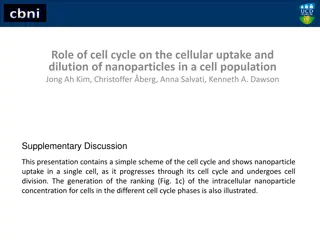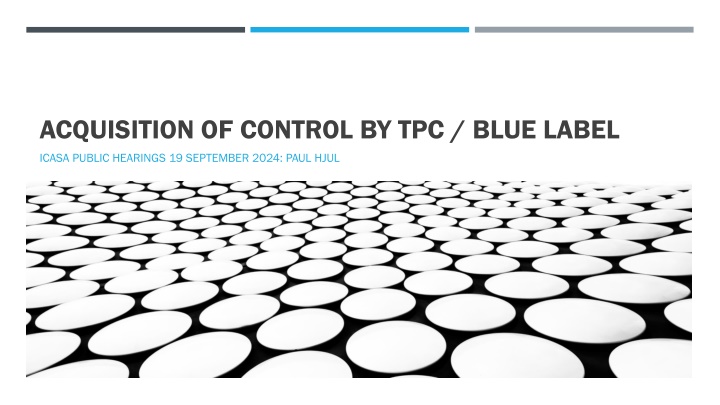
TPC and Blue Label Acquisition of Control: Public Hearing Insights
Gain insights into the public hearings regarding the acquisition of control by TPC and Blue Label, including discussions on the importance of public hearings, concerns about confidentiality, and the public interest in the matter.
Download Presentation

Please find below an Image/Link to download the presentation.
The content on the website is provided AS IS for your information and personal use only. It may not be sold, licensed, or shared on other websites without obtaining consent from the author. If you encounter any issues during the download, it is possible that the publisher has removed the file from their server.
You are allowed to download the files provided on this website for personal or commercial use, subject to the condition that they are used lawfully. All files are the property of their respective owners.
The content on the website is provided AS IS for your information and personal use only. It may not be sold, licensed, or shared on other websites without obtaining consent from the author.
E N D
Presentation Transcript
ACQUISITION OF CONTROL BY TPC / BLUE LABEL ICASA PUBLIC HEARINGS 19 SEPTEMBER 2024: PAUL HJUL
BREAKDOWN OF PRESENTATION WHAT I AM GOING TO CANVAS Caution about dogs in the manager Importance of public hearings (these) Submission: More information and documentation should be publicly accessible A little bit about entities - Cell C, The Prepaid Company and Blue Label Submission: A proper undertaking to exercise controlling interest in accordance with the ECA and regulations thereunder is proper, rational and reasonable Legitimate purpose to the objective of changing control Conclusion
DONT ALLOW ANY DOGS IN THE MANAGER There is a particularly problematic line of argument against the spectrum management arrangements which are in effect between CellC and MTN. Some of this is sub iudice, but it is clear that Vodacom are more than willing to be a dog in the manager. The Authority should not countenance efforts by incumbent operators to achieve outcomes deleterious to the public and the industry simply because that incumbent does not stand to benefit. Public companies must defend their commercial interests, executives of those companies pushing spite are not acting in the company s legitimate commercial interests.
PUBLIC HEARINGS In an open and democratic society there is a fundamental tension between individual private interests and the public s interest and curiosity in other s private interests. In the present matter the public s curiosity is not particularly high illustrated by the overwhelming presence of competitors to the firm seeking a regulatory approval but the public interest is sufficiently high to necessitate both public hearings and an open and public administrative decision making process. The public interest is not limited to the narrow question of whether the Authority approves the change of control under which Cell C will be under the corporate control of The Prepaid Company. In particular, the public interest is concerned with who (as a class) the ultimate beneficial owners of Cell C , and whether this ownership translates into an ability to improperly exert influence on one of the six ugly telcos. Stated differently there are actions and decisions involving Cell C which even when taken by a private entity are of public concern and interest. The public has no inherent right to pry into the private lives of shareholders, but a company with millions of subscribers enjoys fundamentally less privacy than an employee of that company.
DOCUMENTATION FROM ENTITIES SEEKING CONTROL OF AN INDIVIDUAL LICENCE HOLDER While I appreciate difficulties with the regulatory lay out and the structure of the forms, I cannot but conclude that there is a wilful effort to keep the Authority and the public in the dark. The competing telcos enjoy considerably more information into each other s affairs than the public is able to have. This is deleterious. There are specific requests for confidentiality in the application which under the standards of the Act ought to be declined. The secrecy and ambiguity of the transaction gives rise to both illegitimate and legitimate concerns.
CELL C, THE PREPAID COMPANY AND BLUE LABEL On the documentation provided Cell C will not be a wholly owned subsidiary of The Prepaid Company. The threshold of control within the ECA aligned regulations are met such that approval from ICASA to transfer control is required. The minority shareholders still enjoy considerable importance. The Prepaid Company is a subsidiary of Blue Label. This does mean that Cell C will be in the same group. Sight of the byzantine nature of Cell C s structure should be kept in mind. Cell C and MTN s relationship is not properly canvassed While the current regulatory landscape does not properly consider what is effective control of radio spectrum, rational regulations concerning spectrum would require disclosures as to who actually from an engineering point of view exercises control over given spectrum.
HOSTILITY TO GIVING UNDERTAKINGS Absurdist reasoning. It is true that the Authority has no power to impose license conditions on non-licence holders. But the ECA is clear as to who an affiliate to an applicant is and the authority to refuse to approve a change of control under s13(1) makes it the case that if the Authority is not satisfied that the object of the Act is served in giving permission to change control that it can refuse. It is not proven that TPC and BLT have a vested interest in the success of Cell C. Diving into the weeds of the byzantine structure of Cell C there are good reasons to fear this is not the case. More importantly, if the undertakings are unnecessary then they are easy to fulfil and should present na
GENERAL LEGITIMACY OF OBJECTIVE OF THE PREPAID COMPANY There is a clear rational purpose in The Prepaid Company seeking control of Cell C. The general competition analysis pertaining to the control of the ECNS and ECS licence through control of the company does not appear defective. The spectrum management issues are quite a more troublesome question. On the information in the public domain though there is no basis for the Authority to accept strained and hypocritical arguments from incumbents who are prepared to engage in dog in manger behaviour.
TO FLOG A DEAD HORSE: THE COST TO COMMUNICATE Taxes Ineffective Regulatory Systems If the transaction causes Cell C and its affiliates to reduce firm inefficiency then costs to communicate will come down. Profiteering If the regulatory system remains inefficient through not properly conceptualizing changes in technology around disaggregation then costs to communicate will be inflated. Cross Subsidizing and Firm Inefficiency If a given dog in manger player is able to keep the levels of firm inefficiency in competitors high and the level of ineffectiveness of the regulatory system constant it can profiteer. Basic Cost of an efficient operator
CONCLUSION TAKE AWAYS A little bit less secrecy is needed A lot more transparency and candour over spectrum management arrangements is needed some of us recall efforts at Telkom and MTN undertaking RAN arrangements that competition authorities prohibited in 2015. That entailed the transfer of assets but the principle questions remain. We can expect that Cell C as a firm will not really fit the general understanding of an MNO, but nor will it be an MVNO. Labels are for boxes though and when considering the true state of the industry can be unhelpful. Don t be a meerkat in a manger.



